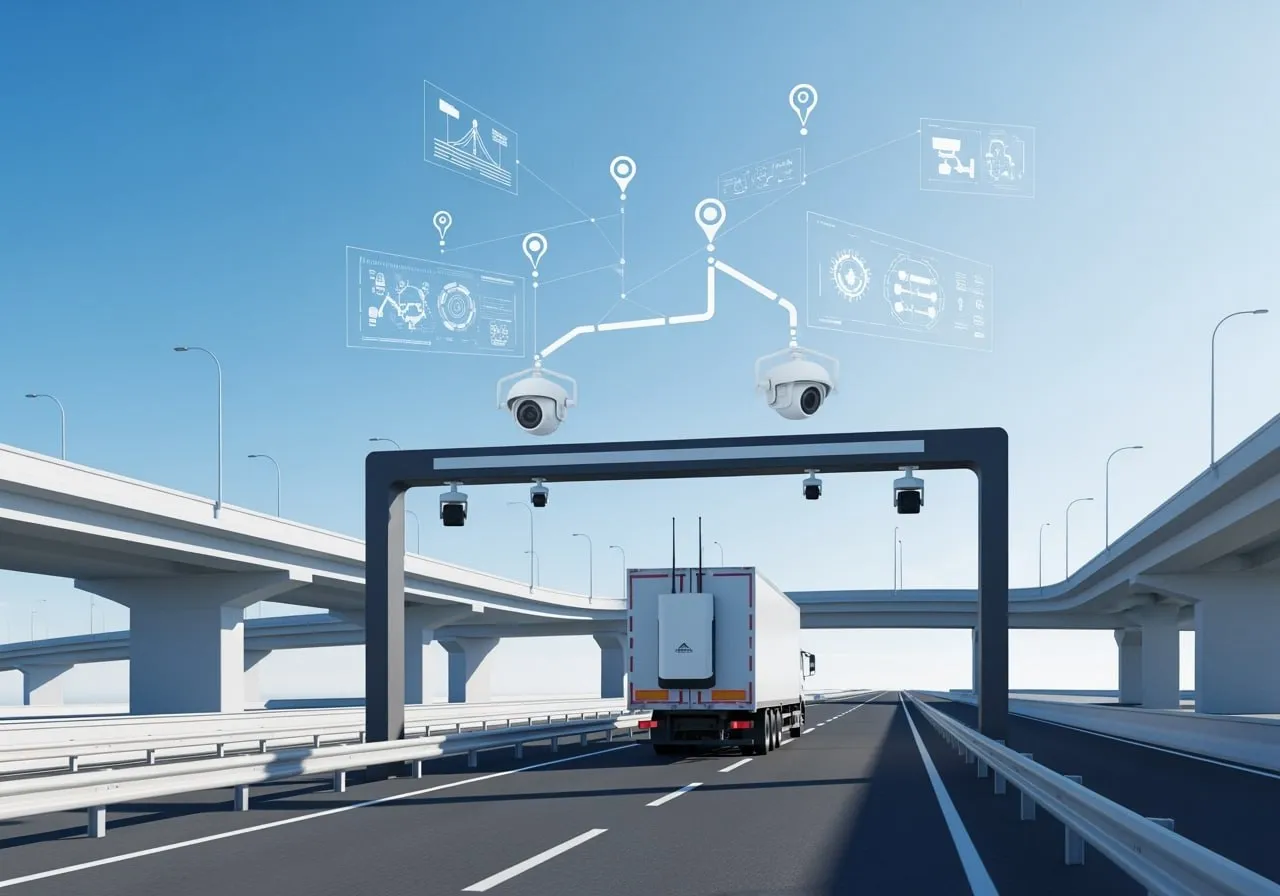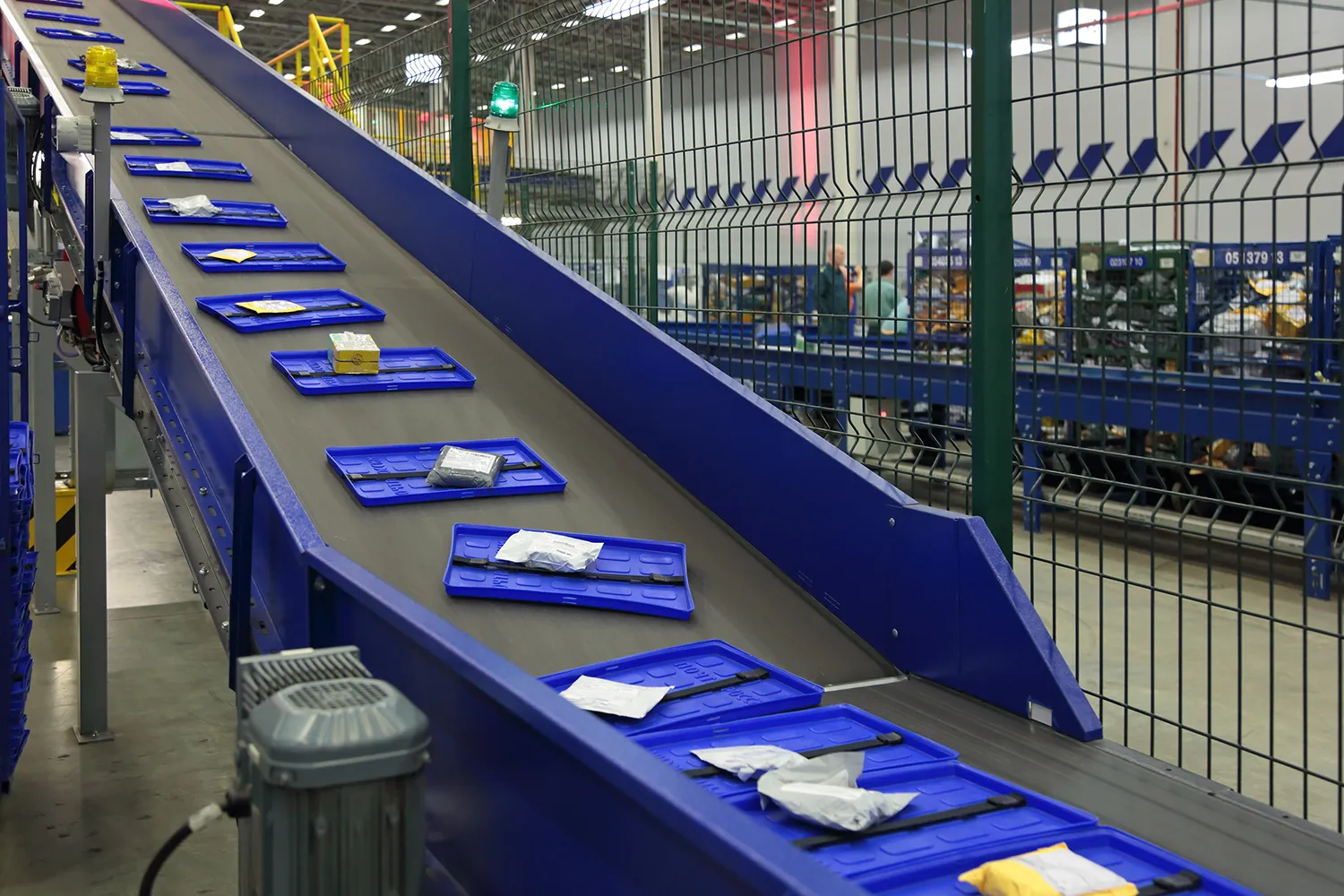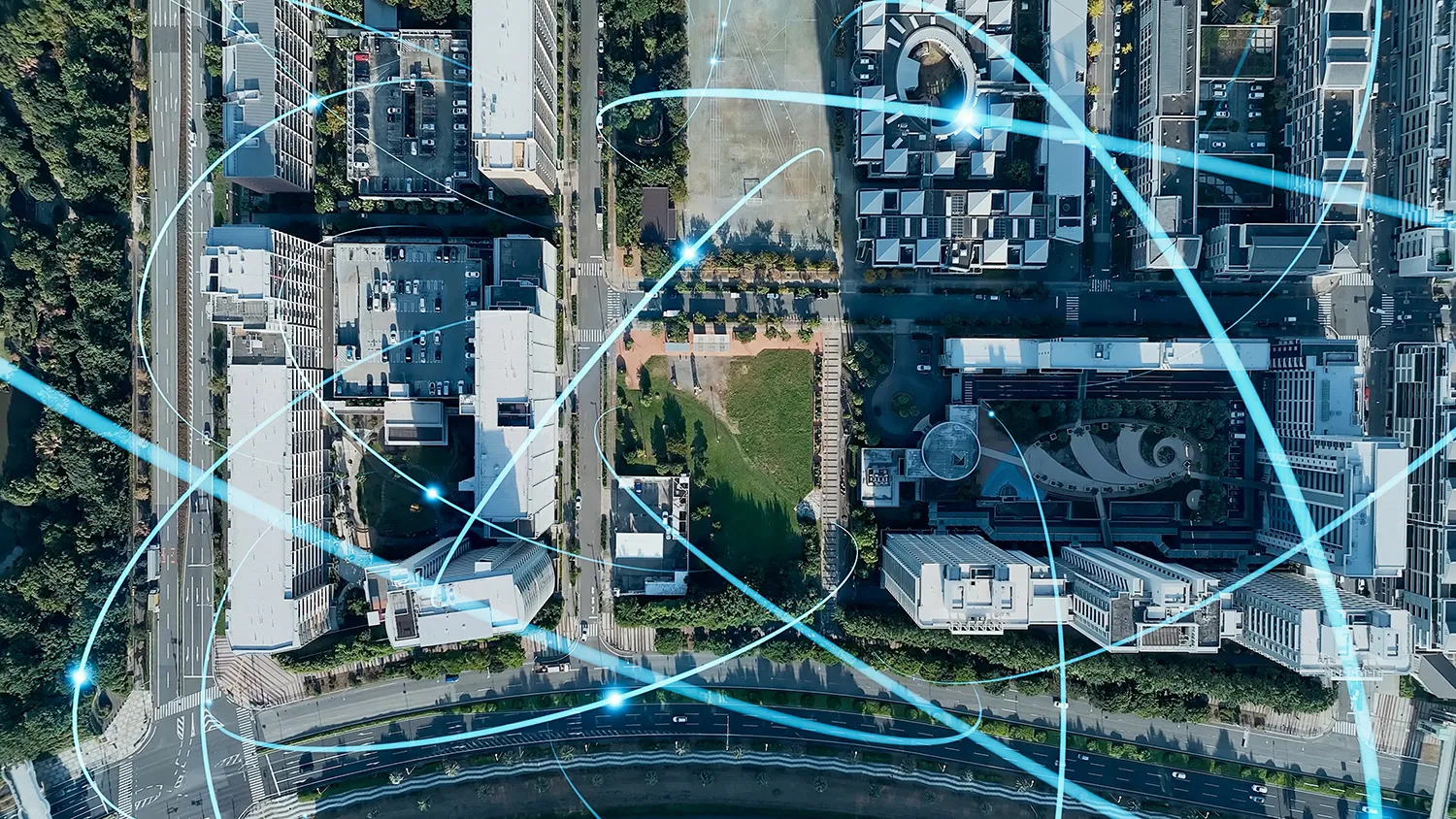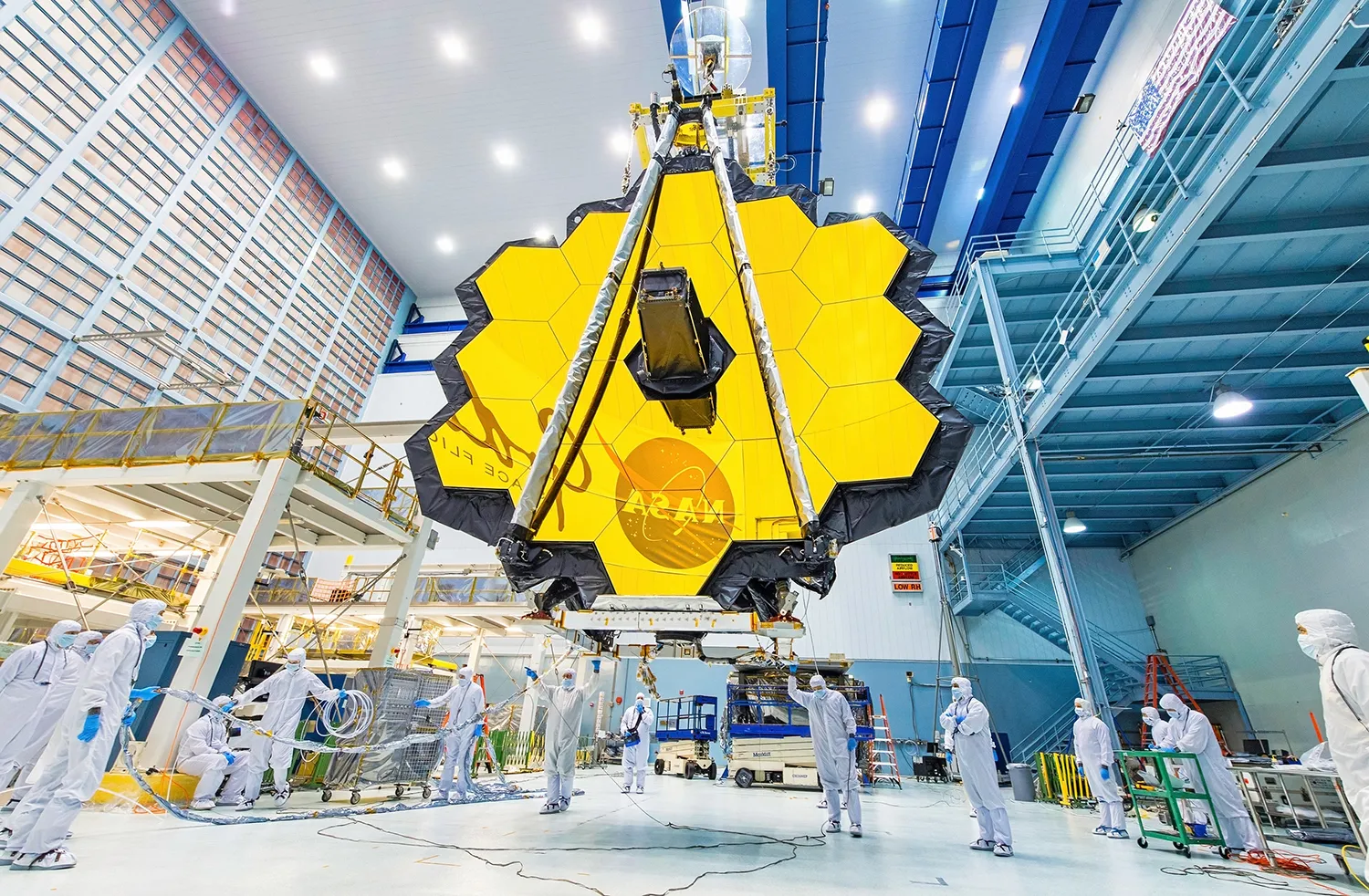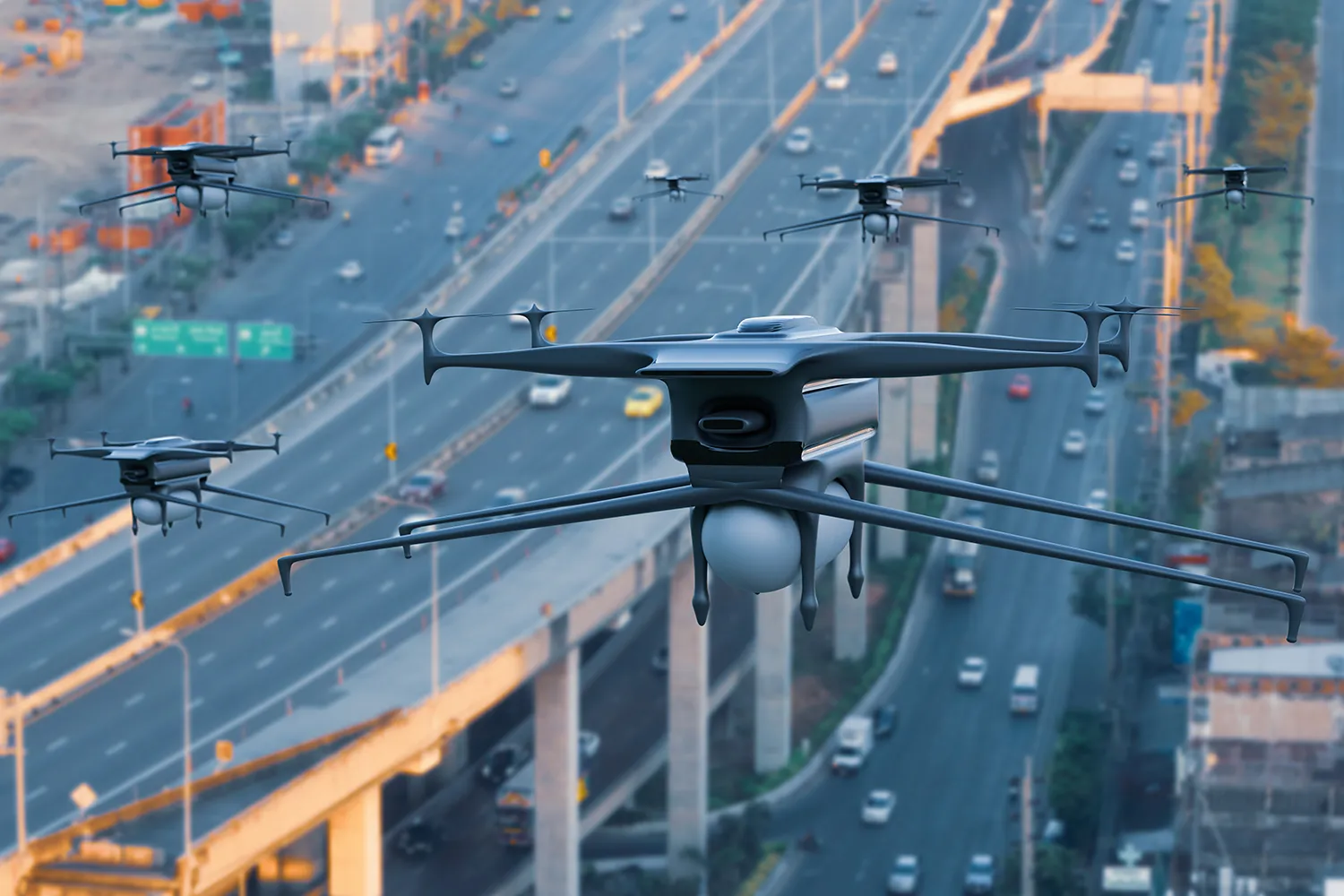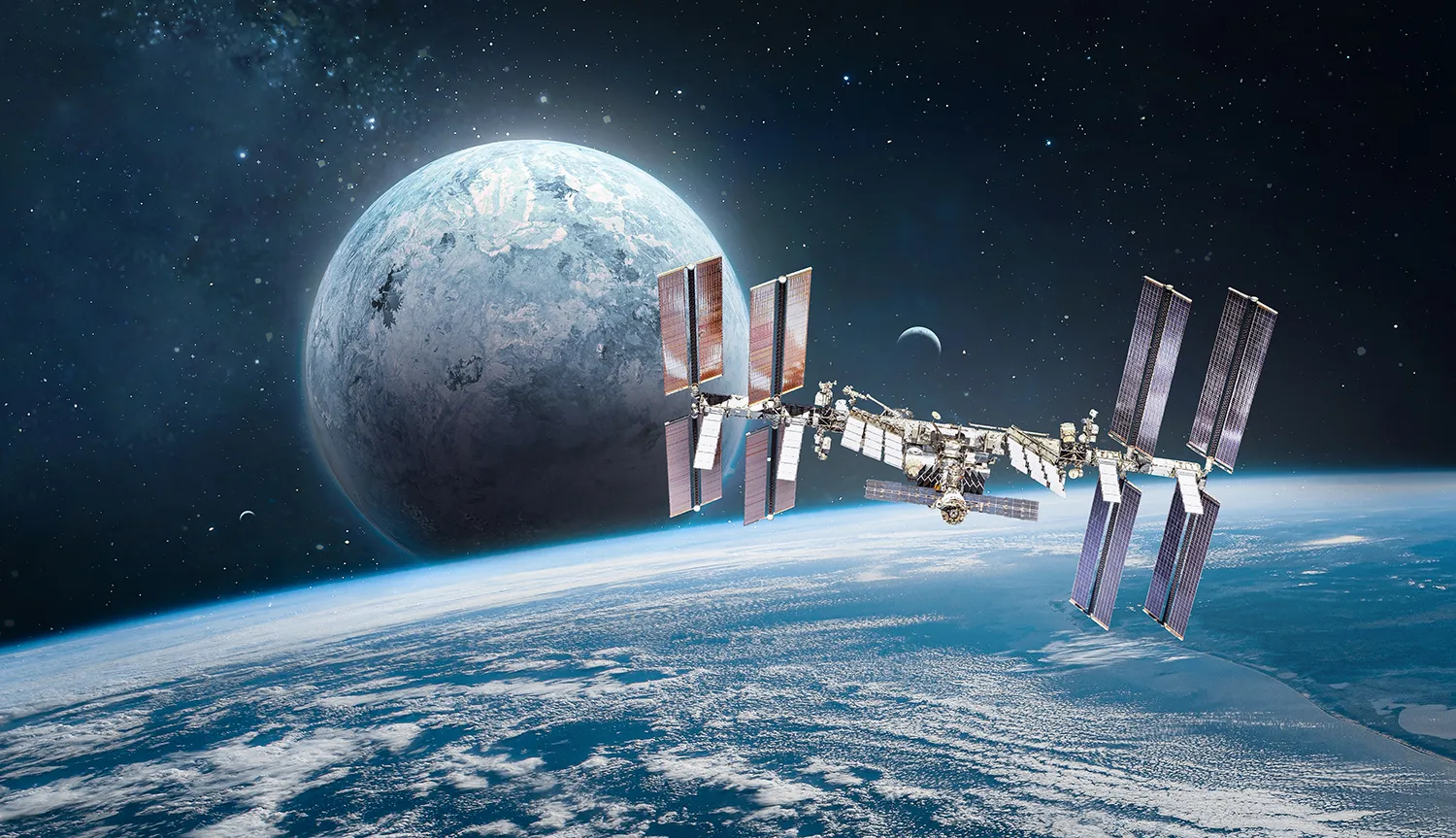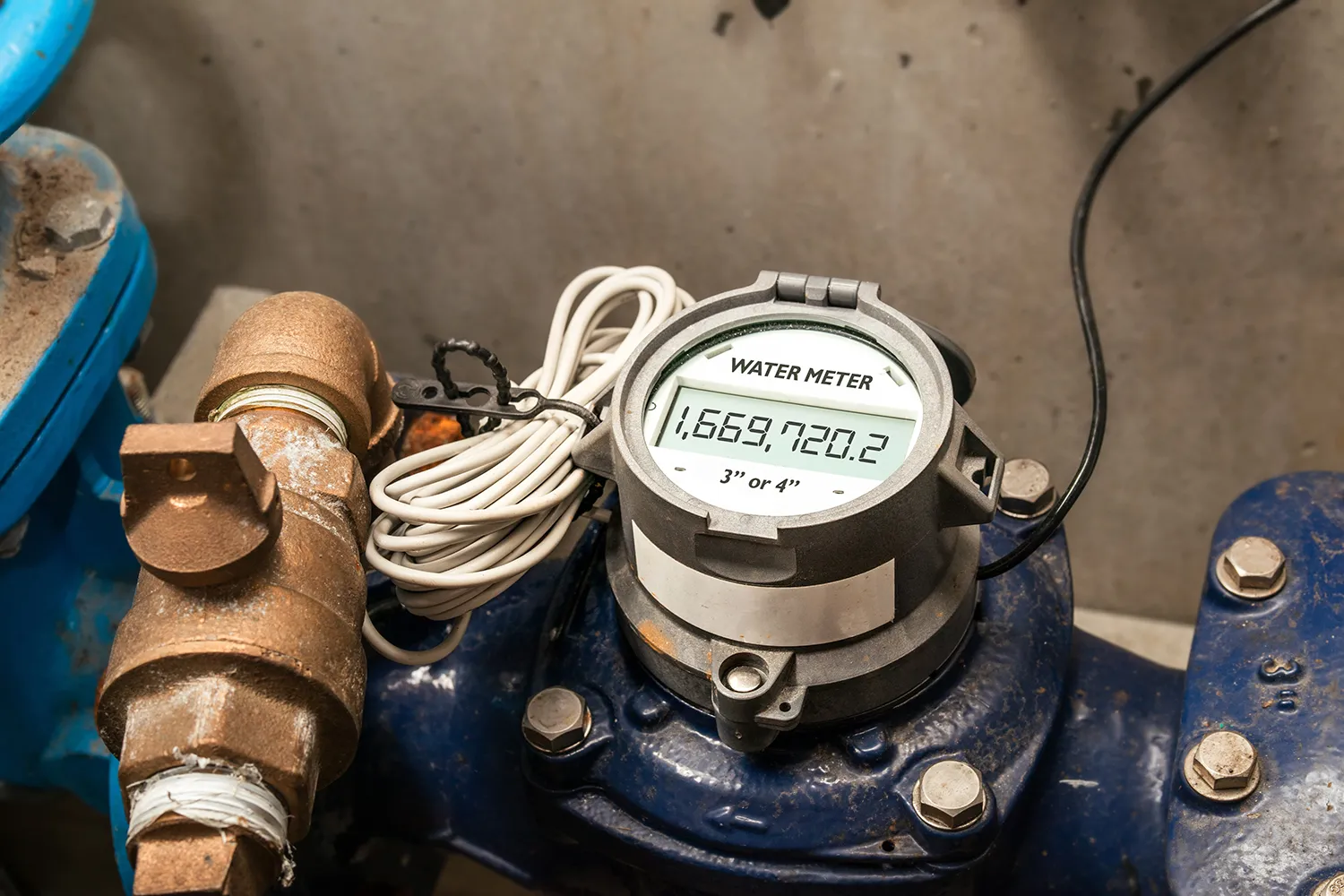Russia Launches Cybersecurity Initiative to Safeguard Autonomous Transport

Cybersecurity takes flight as Russia launches a new platform to shield drones and autonomous vehicles from cyber threats, paving the way for a safer and more independent digital future.
Scope and Significance
The Russian Ministry of Industry and Trade, together with GLONASS JSC, has launched a new cybersecurity initiative aimed at unmanned aerial vehicles (UAVs) and autonomous vehicles. The project involves creating a dedicated platform and conducting field trials under real-world conditions. Built on the state information system ERA-GLONASS, the platform protects highly automated unmanned transport systems from cyberattacks, particularly in terms of data transmission vulnerabilities.
The launch will bolster the IoT sector and Russia’s digital infrastructure while stimulating domestic innovation in cybersecurity. For the general public, this means enhanced safety for autonomous transport and reduced risks of hijacking or hacking. At the national level, it strengthens technological sovereignty and sets a precedent for exporting Russian solutions internationally.
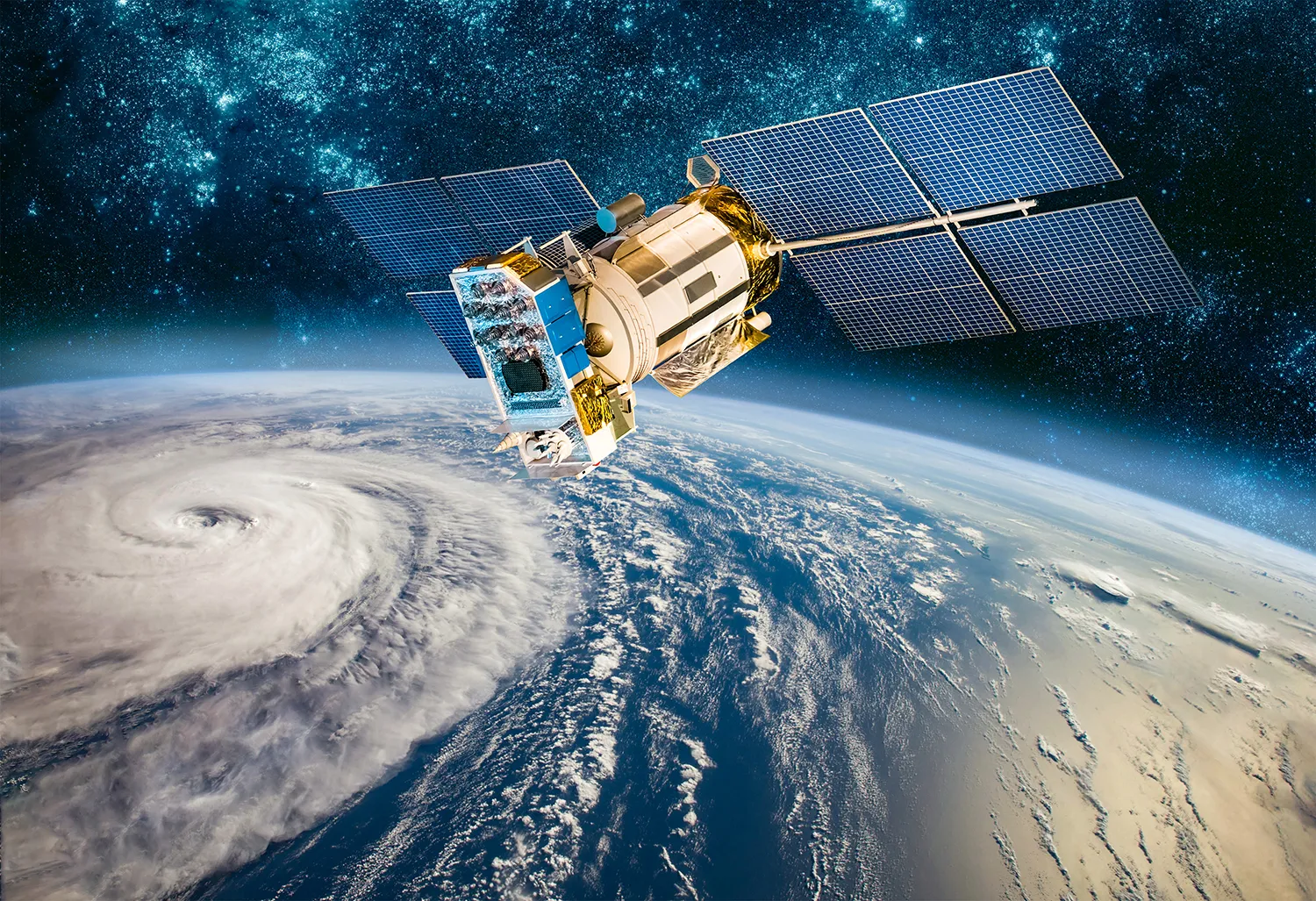
Development Prospects
If successful, the platform could be exported to international markets, especially to countries developing their own autonomous vehicle ecosystems. Domestically, the project contributes to digitalization efforts and lays the groundwork for standardization across urban transit, road networks, logistics, and agriculture. The tracking devices integrated with ERA-GLONASS include embedded SIM cards whose profiles are encrypted directly into memory. These rely on the GLONASS network with maximum radio coverage across Russia and use domestic encryption algorithms for secure data transmission, ensuring both the integrity and authenticity of information.
Background
GLONASS JSC first unveiled a pilot version of its automotive cybersecurity platform in February 2025, with the full launch expected by summer 2025. Prior efforts in 2023–2024 saw the development of national test beds for intelligent transport systems, including automated vehicles and smart logistics corridors. Notably, the 2023 pilot on the M-11 Neva highway launched the 'Unmanned Logistics Corridors' project, aiming to establish a 19,500-kilometer network of autonomous delivery routes by 2030. The initiative is expected to improve cargo delivery speeds by 25% and reduce transportation costs by 10%. In February 2024, over 100 small and medium enterprises manufacturing UAVs joined forces under the Center for Unmanned Systems, coordinated by the Ministry of Industry and Trade.

Forecast and Outlook
As autonomous vehicles become more widespread, cybersecurity has become mission-critical. This pilot project offers a proactive response to existing vulnerabilities in connected vehicles, supporting early detection and mitigation of cyber threats. Next steps include platform scaling, standard validation, and integration with additional service providers. By 2030, Russia aims to have a full-fledged autonomous transport ecosystem, complete with certified safety solutions suitable for both domestic use and export.











